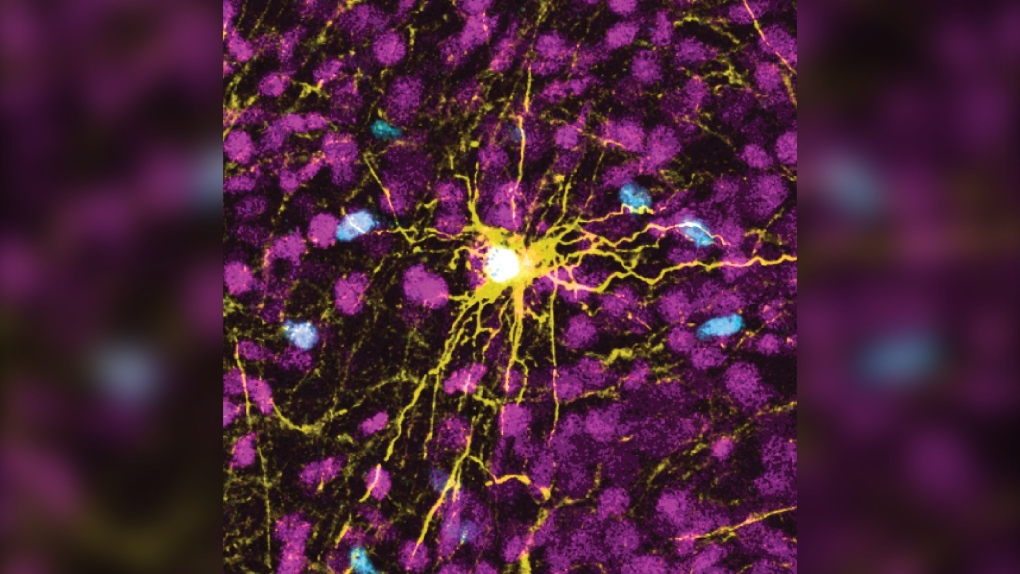As artificial intelligence software and advanced computers revolutionize modern technology, some researchers see a future where computer programmers leap from silicon to organic molecules.
Scientists with Johns Hopkins University are investigating the possibility of “biocomputers” – programs modelled from organic molecules such as human DNA or proteins – unlocking new insights on human biology and advancing the processing power of future tech.
Much of these technological anticipations derive from something called “organoids,” which are lab-grown tissues resembling fully grown organs, sharing similar biological complexities to tissues comprised in kidneys, lungs and brain cells.
Organoids, which have become more prominent in labs over the last two decades, currently offer scientists a more ethical alternative to animal or human testing, mimicking basic functions of cells and advancing scientific understandings towards how those cells operate.
Most recently, scientists with Johns Hopkins have been assessing the nature of “brain organoids,” which are orbs the size of a pen dot that mirror the basic neural functions of learning and remembering in the human brain, according to a news release.
“This opens up research on how the human brain works,” Thomas Hartung, a professor of environmental health sciences at Johns Hopkins, said in the release, adding that deeper insights into human cognition can also serve as a roadmap for unlocking greater computing power in future technology.
“Computing and artificial intelligence have been driving the technology revolution but they are reaching a ceiling,” he said. “Biocomputing is an enormous effort of compacting computational power and increasing its efficiency to push past our current technological limits.”
Hartung and his team first began growing brain organoids in 2012 by using cells from human skin samples that they reprogrammed to multiply and mirror the functions of other cells. Each of these organoids consist of approximately 50,000 cells, and Hartung and his team envision building a futuristic computer that uses the organization of these cells as a basis for new forms of computer programming.
Despite the fact that computer calculations involving numbers and data are far superior to brains in terms of speed and volume, Hartung pointed out that humans are currently more efficient in arriving at complex logical decisions with substantially less processing power required.
For instance, our ability to tell the difference between a cat and a dog based on a quick glance requires much less processing power than a computer program would require, despite the fact that an advance computer would be able to provide way more information on each species than the average person.
Through using the complexity of brain organoids and training them with artificial intelligence, Hartung believes “biocomputers” can reach new computing speed, processing power, storage capabilities, and general data efficiency.
“Computers that run on this ‘biological hardware’ could in the next decade begin to alleviate energy consumption demands of supercomputing that are becoming increasingly unsustainable,” he said.
He added that it could be decades before an organoid-based computer would effectively function, but that the possibility remains as the field of organoid research expands.
Lena Smirnova, a Johns Hopkins assistant professor of environmental health and engineering, who is co-leading the investigation, added that such research could revolutionize drug testing research for neurodegeneration and neurodevelopmental disorders.
“The tools we are developing towards biological computing are the same tools that will allow us to understand changes in neuronal networks specific for autism, without having to use animals or to access patients,” she said in the news release. By advancing bio-computing, Smirnova believes researchers can “understand the underlying mechanisms of why patients have these cognition issues and impairments.”
Smirnova and Hartung further outlined their plans for assessing the future of organoid intelligence and bio-computing in the journal Frontiers in Science last month.








































